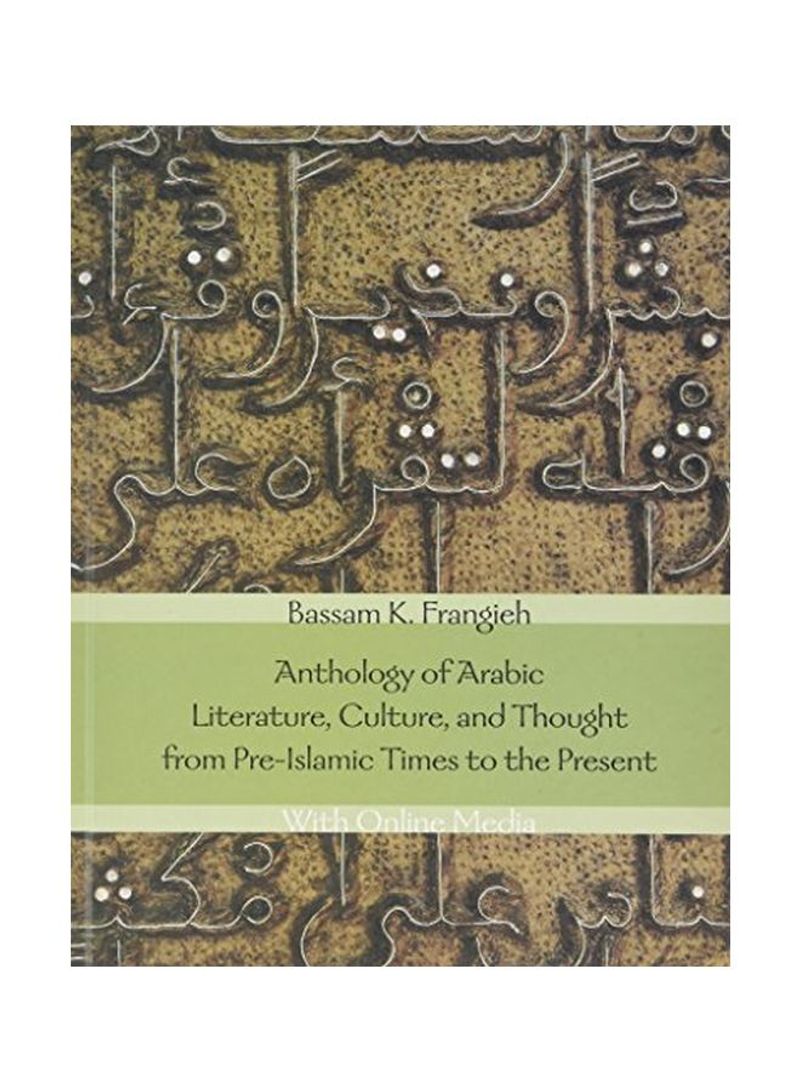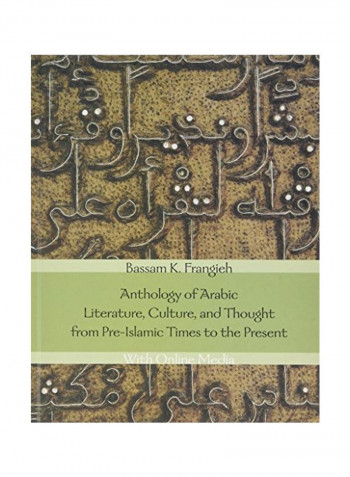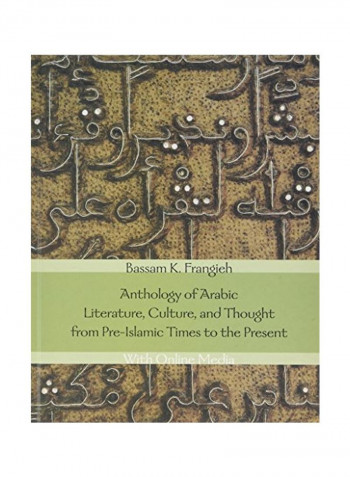Anthology Of Arabic Literature, Culture, And Thought From Pre-Islamic Times To The Present Hardcover
Recommend
Sort by
Rating
Date
Specifications
Grade
New
Author 1
Bassam K. Frangieh
Book Description
This book-the first comprehensive reader of Arabic literature from pre-Islamic times to the present-is an essential work for advanced students of the Arabic language. Presenting seventy works by seventy authors, it includes: pre-Islamic poetry and prose; selections from the Qur'an; the Prophet Muhammad's last sermon; the powerful writing of Ali Ibn Abi Talib, the fourth Islamic Caliph; writings from the "Golden Age of the Arabs" (750-1258 A.D.) in philosophy, mysticism, prose, and poetry; works from the neoclassical, modernist, and metaphorical schools; literature of the Arabs in Andalus, Spain; discussions of cultural, literary, critical, and political movements of the present day; vocabulary lists, a list of idioms and notes, a set of questions about the text, and two glossaries. This book not only introduces students to the entire sweep of Arabic intellectual, political, and cultural thought but also gives examples of how this thought is expressed, offering important insight into the Arab mind.
ISBN-10
0300228872
ISBN-13
9780300228878
Language
English
Publisher
Yale University Press
Publication Date
15 Nov 2016
Number of Pages
588
About the Author
Bassam K. Frangieh is professor of Arabic at Claremont-McKenna College.
Editorial Review
An excellent survey of the Arabic literary tradition, covering poetry, religious texts, grammar and linguistics, literary criticism, belles lettres, religious thought and philosophy, novels, and drama.--Jamal Ali, Hunter College, CUNY With its comprehensive coverage of the intellectual and literary Arab-Islamic heritage, this book will be very useful in advanced Arabic classes.--Mahdi Alosh, Ohio State University This exciting and useful reader fills a gap that exists in the availability of textual materials in Arabic at a level beyond that of the first two or three years of instruction.--Roger Allen, University of Pennsylvania



